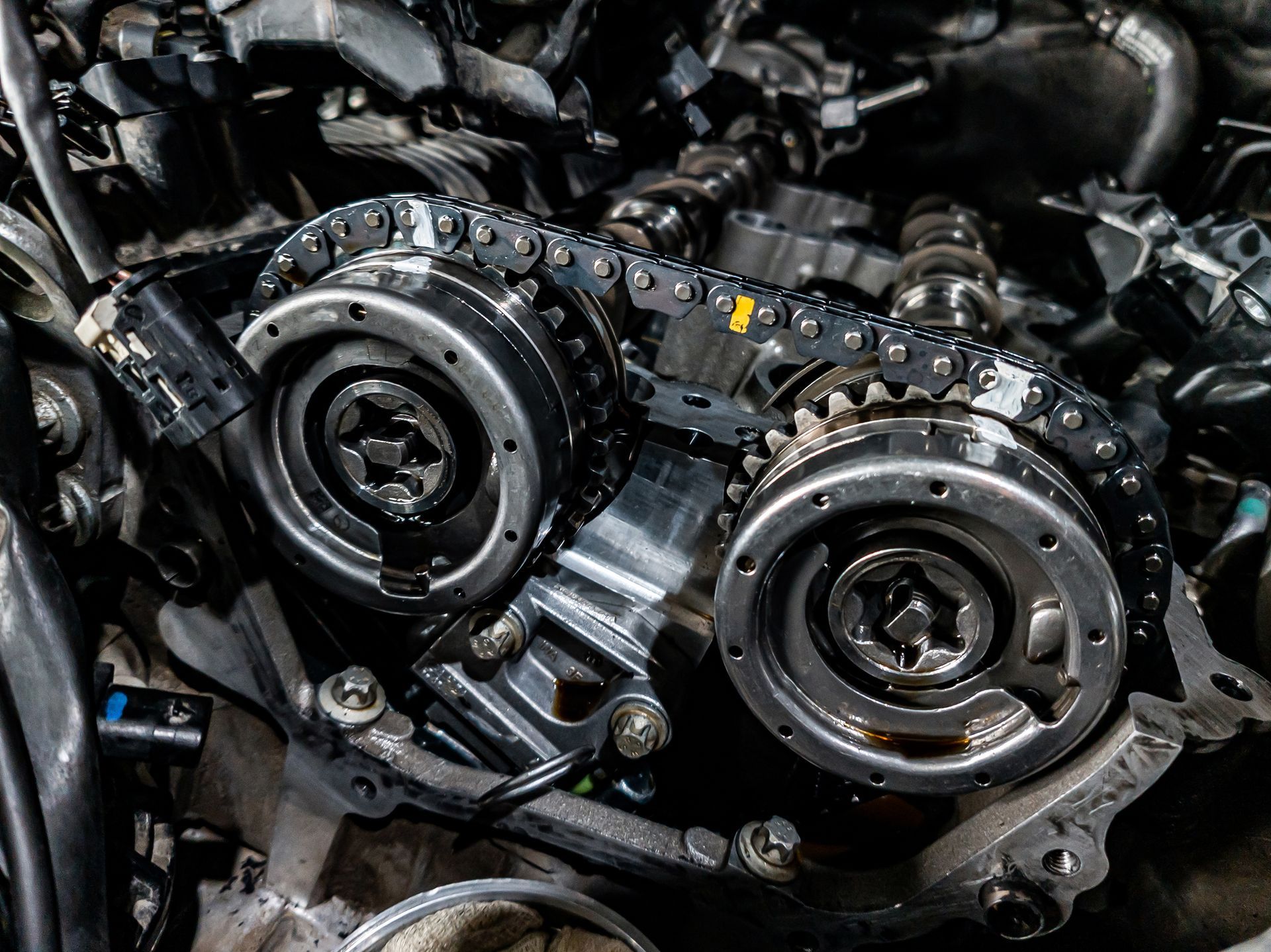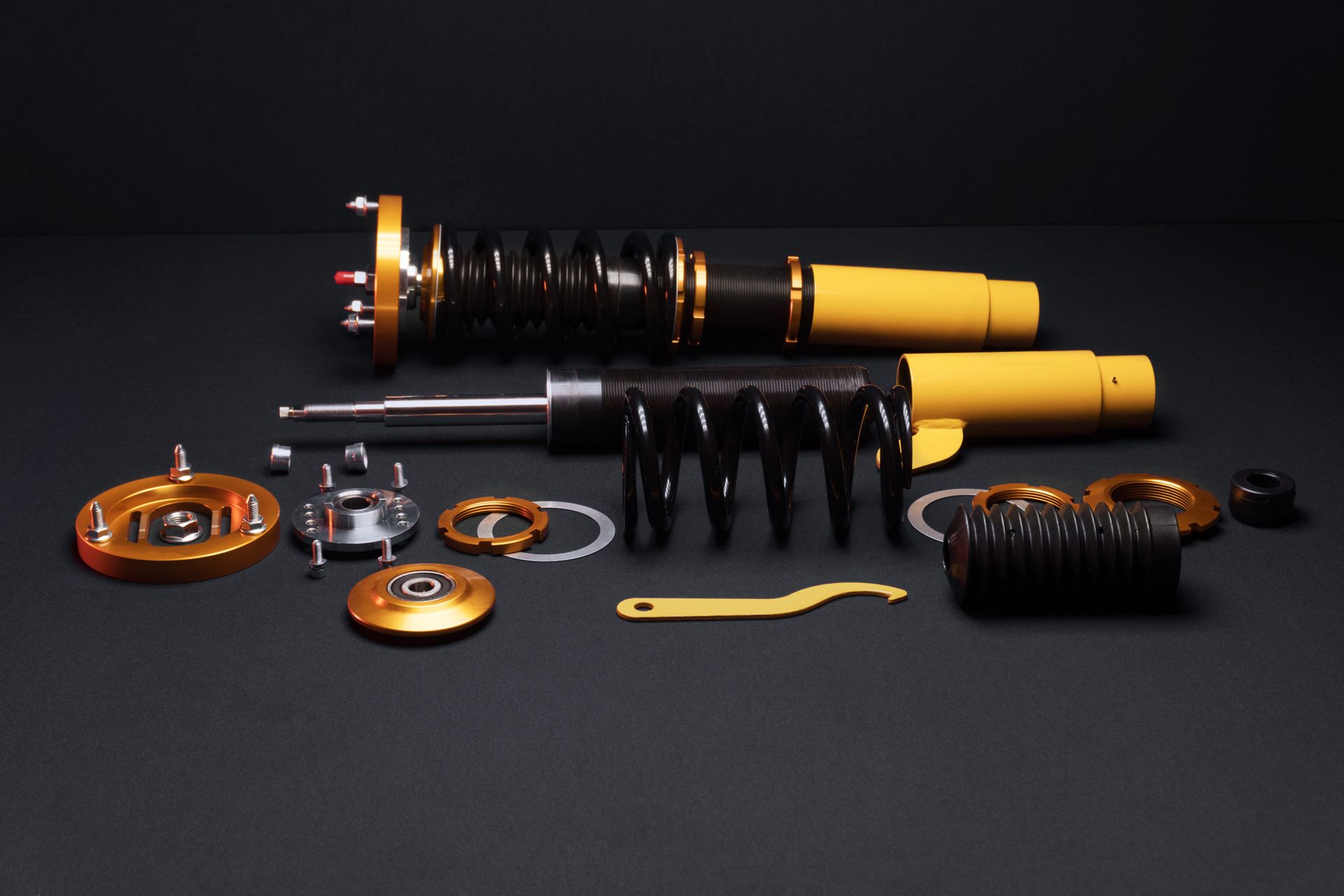Loading ...
Missing business hours data / Error occurred while getting the data.
Loading ...
Missing business hours data / Error occurred while getting the data.
Why Does My Car’s Engine Sound Louder Than Usual?
March 28, 2025
If your engine suddenly sounds louder than usual, it’s worth paying attention. Unusual noises—whether it’s a deep growl, high-pitched whine, or metallic knocking—can be a sign that something isn’t right. While some sounds are harmless, others can indicate issues that may lead to costly repairs if ignored. The key is identifying the cause early before it turns into a bigger problem. So, what’s behind the change in your engine’s sound?
Exhaust System Leaks
One of the most common reasons for increased engine noise is a leak in the exhaust system. The exhaust plays a major role in muffling engine sounds, and if there’s a hole, crack, or loose connection, it can make the engine sound raspier or more aggressive than usual.
A damaged exhaust manifold, leaking gasket, or rusted-out muffler can also allow toxic fumes to enter the cabin, making this a safety concern in addition to a noise issue. If you hear an unusually loud roar while accelerating, an exhaust inspection is recommended.
Failing Muffler or Resonator
Mufflers are designed to dampen sound, but over time, they wear out, rust, or develop holes, leading to a noticeably louder engine. A failing muffler often produces a deep, growling sound, and if the problem worsens, you may even hear popping or backfiring noises.
Ignoring muffler issues can lead to decreased fuel efficiency and poor performance, so it’s best to have it checked at the first sign of trouble.
Loose or Damaged Engine Components
An engine is made up of many moving parts, and if any of them become loose or worn out, they can cause strange noises. A loose heat shield, timing chain, or belt can create a rattling or clicking sound, especially at idle or when accelerating.
If you hear a high-pitched whining or squealing noise, it could indicate a worn serpentine belt, which drives essential components like the alternator, water pump, and power steering. If this belt snaps, your car may break down, making early replacement essential.
Low or Dirty Engine Oil
Engine oil plays a critical role in lubricating internal parts and reducing friction. If oil levels drop too low, or if the oil becomes dirty and loses its effectiveness, you may notice an increase in engine noise.
A loud ticking or knocking sound coming from the engine often signals that the oil isn’t reaching key components, leading to excessive wear and potential engine damage. Checking and changing the oil at the recommended intervals is a simple way to prevent this issue.
Faulty Spark Plugs or Ignition Issues
If your car’s engine sounds rough, misfires, or hesitates, faulty spark plugs or ignition components could be the cause. Worn-out spark plugs fail to ignite fuel properly, causing irregular combustion and a rough-sounding engine.
Ignoring misfires can lead to worse fuel economy, reduced power, and potential damage to the catalytic converter, so if your engine starts running rough, having the ignition system checked is a good idea.
What to Do If Your Engine Sounds Louder Than Normal
If you notice unusual noises, the best course of action is to pay attention to when and how they occur. Does the noise happen only when accelerating? Does it get louder as the engine warms up? These details help pinpoint the issue.
Routine oil changes, exhaust inspections, and engine tune-ups can help prevent many of these problems. If you’re unsure about the cause of the noise, having one of our professionals diagnose it can prevent larger, costlier repairs down the road.
Expert Engine Diagnostics at Malones Automotive Service
Unusual engine noises should never be ignored. Whether it’s a loud exhaust, knocking sound, or whining belt, the team at Malones Automotive Service in Marietta, GA, is here to help. Our expert technicians provide exhaust system repairs, engine diagnostics, and complete vehicle inspections to keep your car running at its best.
Keep your car running quietly and efficiently with expert service from
Malones Automotive Service in Marietta, GA.
Quick Links
Location
Hours Of Operation
Loading ...
Missing business hours data / Error occurred while getting the data.
Having Trouble Finding Us?
Loading ...
Missing nap lines data / Error occured while getting the data.





